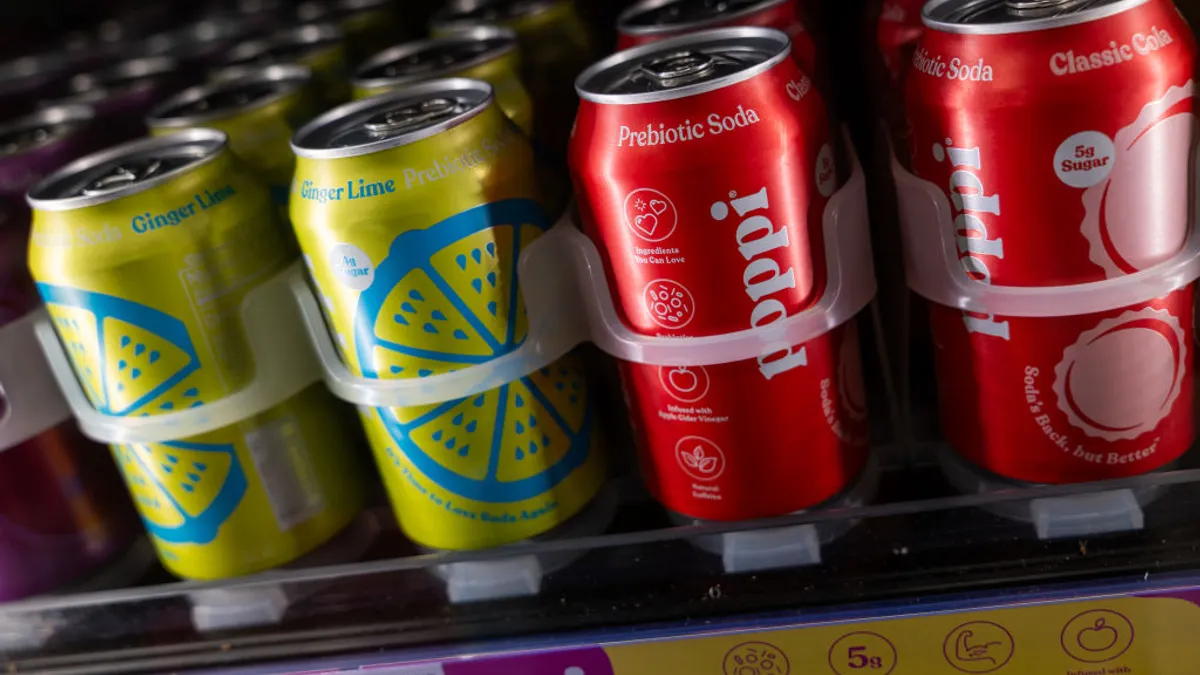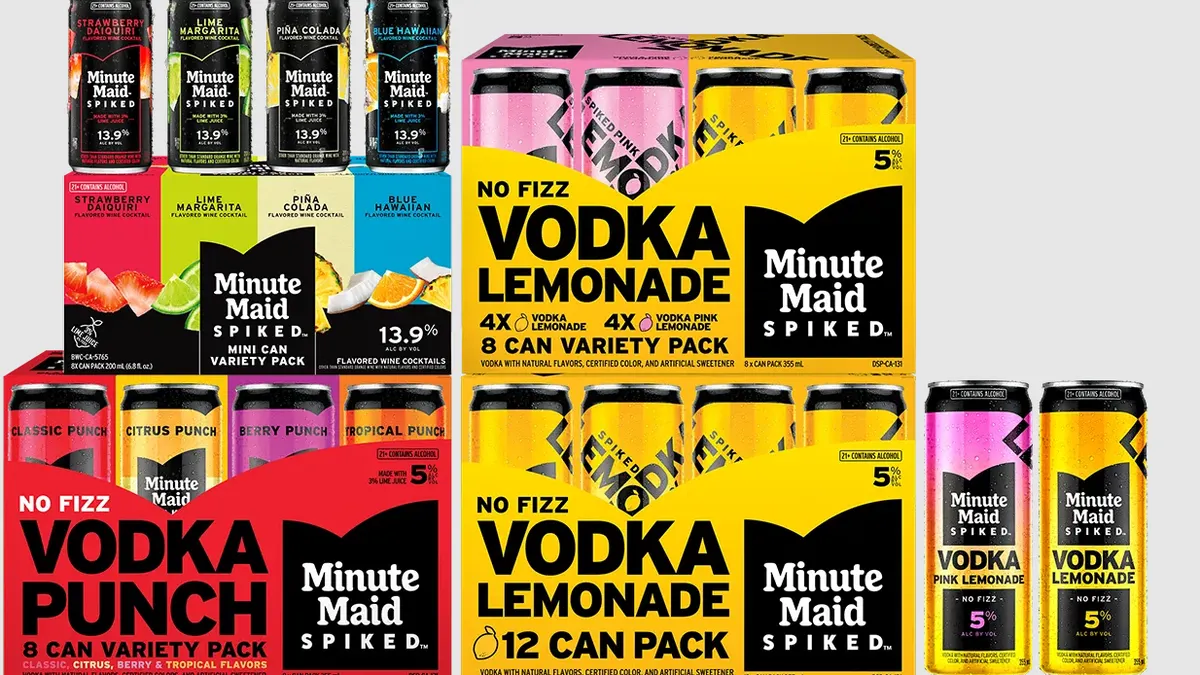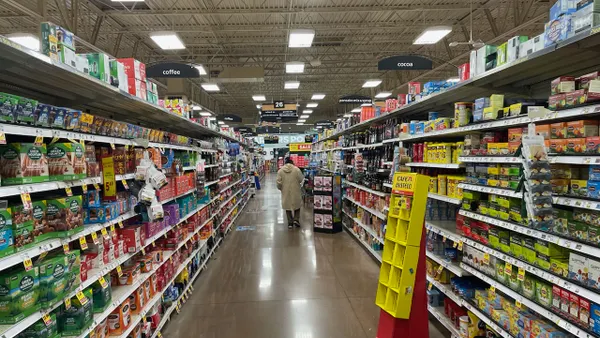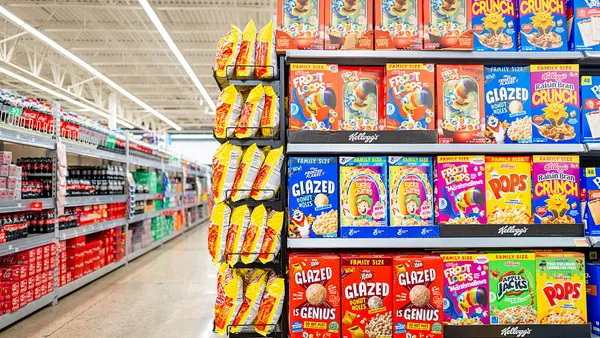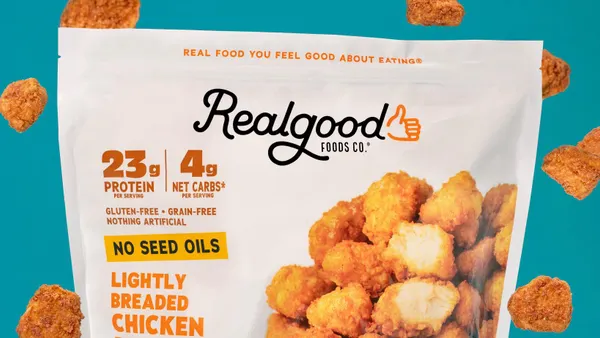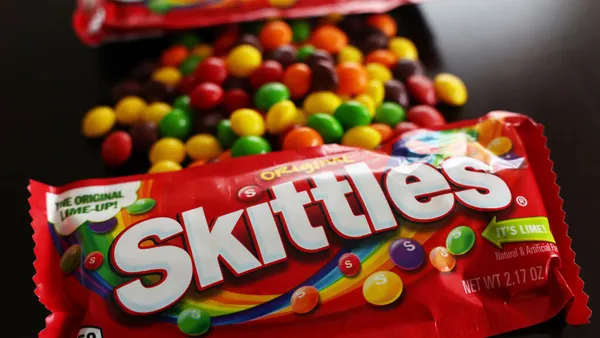Diet and exercise support a healthy lifestyle — but so do our drink choices.
Consumers are demanding more from their drinks, looking for ingredients that boost hydration, mood, gut health and more. While wellness beverages and mixers often cost more than popular sugary soda brands, consumers seem willing to pay for them.
According to Numerator's latest Beverage Behaviors report, spending on drinks is up 4.4%, with non-alcoholic sales surging 6.2%, compared to just 2.4% growth in alcohol.
Hydration is the main goal. According to Numerator, 34% of beverage shoppers plan to drink more tap water and 26% more bottled or canned water in the coming year. While wellness mix-ins like probiotic and protein powders are growing, brands like Sonic and Jolly Rancher offer low- or zero-sugar powders simply to make hydration more interesting. Despite economic concerns, retail sales data shows steady growth in the beverage sector, highlighting priority consumer spending.
Gen Z is driving demand for flavorful, convenient non-alcoholic drinks that can be consumed on the go or socially, no mix-ins needed. Though drinking less alcohol, their per-drink spending is on par with older generations. The fastest-growing category features a wide flavor range — from sweet to savory — and includes energy drinks, soft drinks, bottled water, sports drinks, kombucha, and CBD-infused options. According to Numerator, 85% of the top 20 growing brands fall into these active lifestyle categories.
Within soft drinks, the low or no sugar flavored soda category in particular has seen significant growth and expansive choices, with brands like Poppi and Health-Ade's SunSip leading the charge. The success of naturally-flavored, low sugar non-alcoholic beverages is pushing brands to align with daily rituals and deliver what the report calls a “comforting yet exciting hydration experience.”
“Most consumers just want to drink soda without compromising their health,” says Bridget Firtle, founder of Rockaway Soda, a line of non-alcoholic carbonated beverages sweetened with real juice — only 7 grams of sugar per serving — and sea salt, said to boost electrolytes. “Time, research and consumer behavior have shown just how detrimental overly sugary drinks can be for you which is the foundation driving the category.”
While celebrities still back alcohol brands, there’s a clear shift toward low-sugar sodas—like Guy Fieri’s collaboration with Waterloo on culinary flavors such as Sparkling Lemon Italian Ice and Spiced Mango Sorbet (yes, the mayor of “Flavor Town” now rules over sparkling water), and Gillian Anderson’s G Spot, a “functional” soft drink line made with adaptogens and nootropic cognitive enhancers.
“We’ve created something that celebrates feeling good in your own skin,” says Anderson. Adding that it’s “functional refreshment that makes wellness feel like an indulgence rather than an obligation.”


